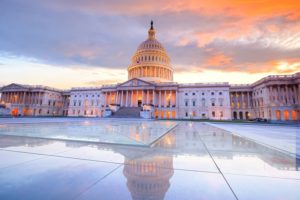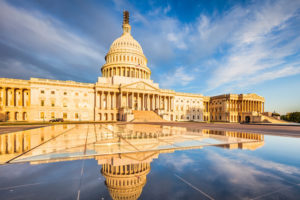How Long is Too Long for Legislative Delegation?
The temporal problem of delegation is rooted in empirical evidence.
How Federal Agencies Have Used Rigorous Policy Pilots to Learn
Rigorous policy pilots have tremendous potential to improve governance.
How the Federal Government Can Use More Evidence to Improve Outcomes
Several successful programs demonstrate that prioritizing evidence can positively impact policy effects.
Policy for Evidence
Clear standards for producing and sharing data can encourage more effective policymaking.
Reforming the IRB in Experimental Fashion
A new proposal seeks to reduce the time and cost of securing approval for human subject research.
Regulatory Learning Through the Rulemaking Process
An agency’s regulatory experience informs the development of effective future programs.
Regulatory Trial and Error
Trial-and-error decision-making could provide great benefits to regulators.
Clinical Trials and Actuarial Judgments
Regulators should rely on both clinical and actuarial judgment when setting policy.
Random Audits and Regulatory Compliance
Random audit programs should prioritize transparency to enhance legitimacy and minimize reputational risks.
Randomizing Policy and the Risk of Multiple Hypothesis Testing
Randomized policy research should be pre-registered to reduce the chance of false positive results.
How Can Experiments Play a Greater Role in Public Policy?
Policymakers should take steps to ensure successful pilots can be scaled up effectively.












